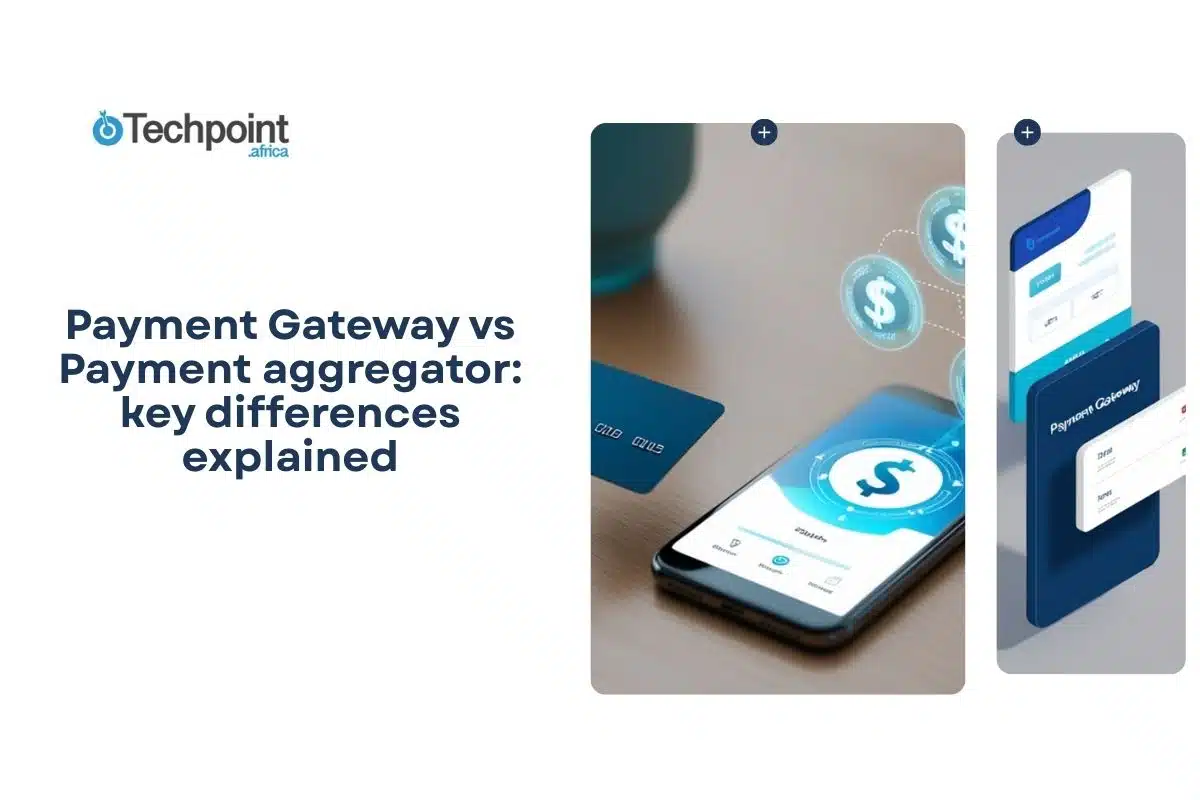When you think of betting in Africa, the image that once came to mind was a busy shop filled with chalkboards, slips, and eager fans crowding around small TVs. Today, that scene has largely been replaced by smartphones and at the heart of that transformation lies fintech.
Mobile money, instant transfers, and digital wallets have redefined how people play, pay, and participate in online gaming. To unpack how this convergence is reshaping the industry, Techpoint Africa spoke with Temidayo Adebimpe, SEO & Content Strategist at MyBettingSites Nigeria, a platform that reviews and compares licensed betting operators across Africa.
Fintech is the fuel of modern betting
“You can’t talk about betting growth in Africa without mentioning fintech, payments are the lifeblood of any betting site. What fintech has done is remove friction, now anyone with a phone and mobile-money account can deposit, withdraw, and start betting in seconds.”
She points to Nigeria’s thriving digital-payment ecosystem from OPay and PalmPay to Quickteller and USSD options as the silent engine behind the country’s betting boom.
“In Nigeria, fintech innovation is massive, and betting platforms have integrated right into it. That’s what keeps users active; they know the payment process won’t fail them.”
According to data from iGaming Afrika, Nigeria’s online betting sector grew by over 20% in 2024, largely due to smoother digital payments and local fintech partnerships.
South Africa, meanwhile, remains more card-centric but equally tech-forward, with instant bank transfers and digital wallets now mainstream. “Both countries have found their rhythm, but Nigeria is leading the charge in mobile-money adoption.”
Accessibility versus responsibility
Fintech has made gaming effortless, sometimes too effortless.
“We hear it a lot; people say betting has become too easy; a few taps and you’re in. There’s a psychological element to that. It’s great for convenience, but it also means users can bet impulsively, sometimes without thinking twice.”
This ease has only intensified with fintechs now embedding betting payment gateways directly into their apps. “You no longer need to visit a bookmaker’s site,” she explains. “With some fintech apps, you can simply input your betting ID, click deposit, and the money moves instantly. It’s frictionless, but it raises a bigger question: is it doing more harm than good?”
That question is now shaping policy conversations across African markets. Regulators are starting to push for stricter responsible-gaming frameworks, requiring operators to introduce spending limits, deposit caps, and self-exclusion tools to curb impulsive betting behaviour.
Still, the accessibility revolution has its bright side. “Before, you had to find a shop or agent. Now you can deposit ₦100 or ₦200 right from your phone. It’s simple, democratic, and it brings betting into the digital economy. People who never had bank accounts are now using mobile wallets, sometimes for the first time.”
UX as the new battleground
For Temidayo, the future of iGaming in Africa is being decided not just by odds or bonuses, but by user experience.
“Speed, simplicity, and security, that’s what users care about, If an app lags or delays withdrawals, users notice immediately. They’ll delete it and move to another operator.”
Platforms offering instant withdrawals, in-app live betting, and lightweight design are dominating the market. “Many Nigerian users don’t have flagship phones,” she explains. “So betting apps must be data-efficient and fast. If your app consumes too much data, you’ve already lost half your audience.”
A 2024 iGaming Afrika report reinforces that point, data efficiency and payment reliability are now the top deciding factors for African mobile-betting users. “Those findings align perfectly with what we see,” Temidayo affirms.
“Betting isn’t just entertainment anymore; it’s a tech experience.”
Fintech partnerships and the next wave
The partnership between fintech companies and iGaming operators is deepening beyond payment rails.
“It’s not just about transactions anymore, fintechs now help betting brands verify users faster, detect fraud with AI, and personalise deposit limits. It’s becoming a full ecosystem.”
She foresees the next wave will be driven by predictive technology. “We’ll start seeing AI-driven personalisation, apps that understand your betting patterns, recommend odds, and help you manage risk. It’s already happening in South Africa, where fintech AI adoption is slightly ahead.”
But with innovation comes responsibility. “The industry has to evolve without exploiting ease of access. Betting should stay fun, not compulsive. Regulation, transparency, and user education must grow alongside technology.”
A shared digital future
Asked what the next five years might look like, Temidayo is optimistic.
“Betting apps are here to stay, but they’ll keep transforming, we’ll see tighter collaboration between fintechs, regulators, and gaming companies. Imagine apps that handle everything, instant KYC, crypto-based wallets, micro-loans, even social betting communities, all within one secure ecosystem.”
To her, this isn’t just a story about betting. It’s about the continent’s digital evolution. “The same infrastructure that powers a bet can power small-business payments, savings tools, and micro-transactions. Betting just happened to prove that Africa’s fintech model works and now other industries are following.”
About the author
Temidayo Adebimpe is an SEO & Content Strategist at MyBettingSites Nigeria, where she studies the intersection of sports, technology, and digital behaviour. Her work explores how fintech, mobile platforms, and regulation are shaping Africa’s online-gaming economy. Follow her on LinkedIn for more insights: linkedin.com/in/adebimpe-temidayo-/











